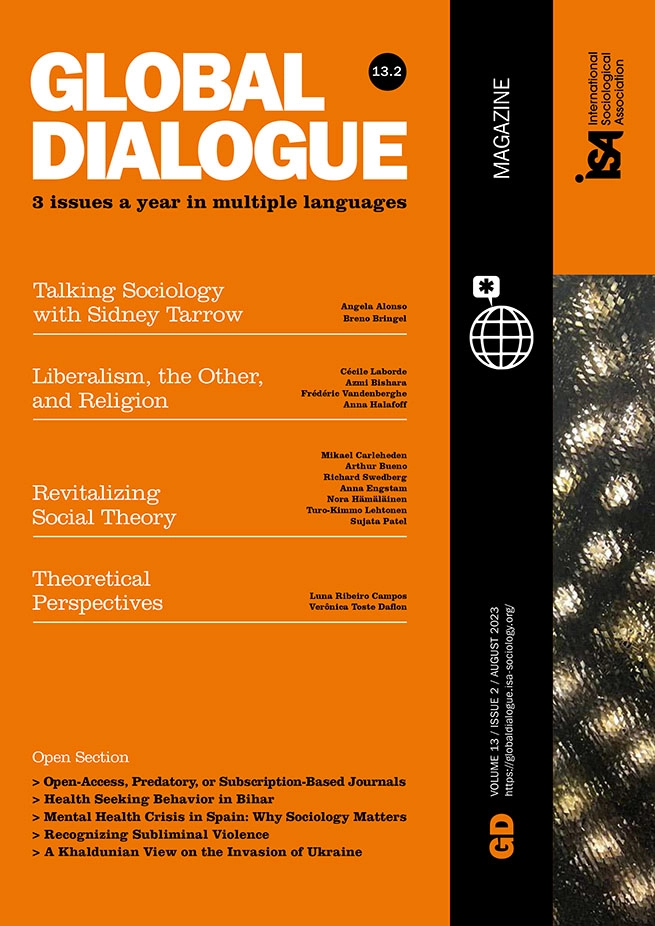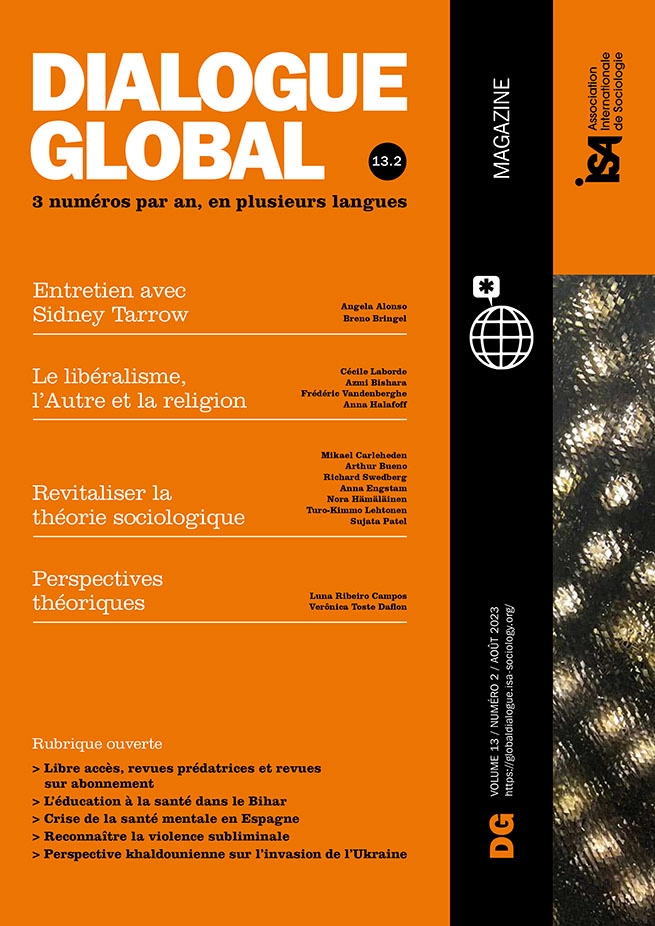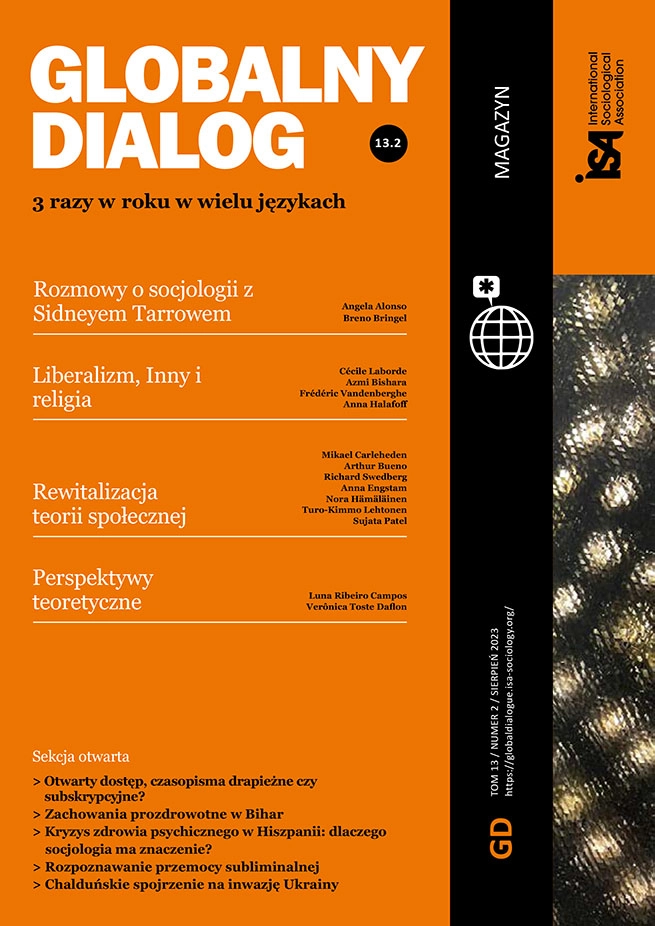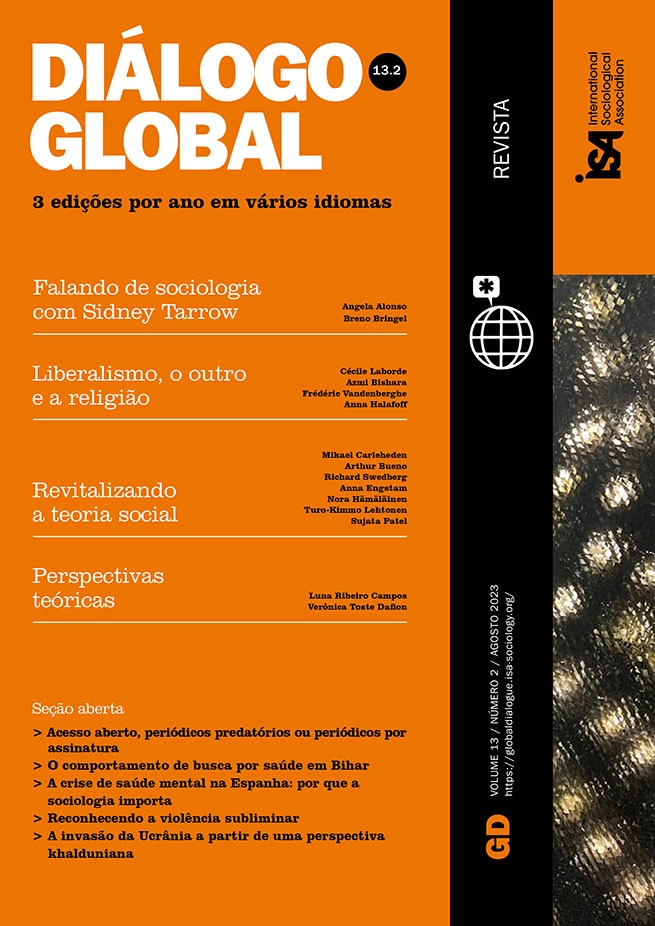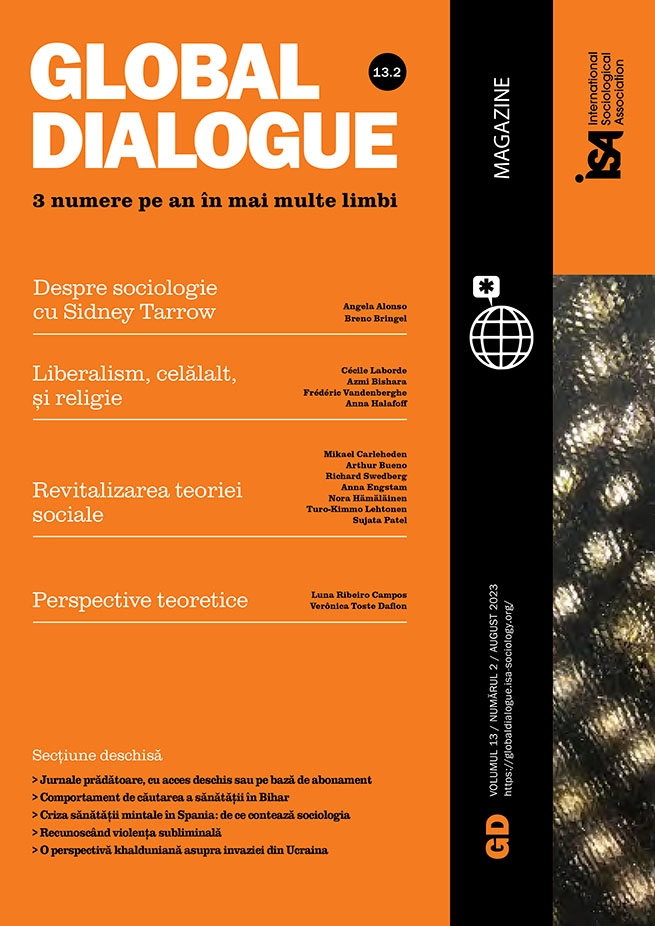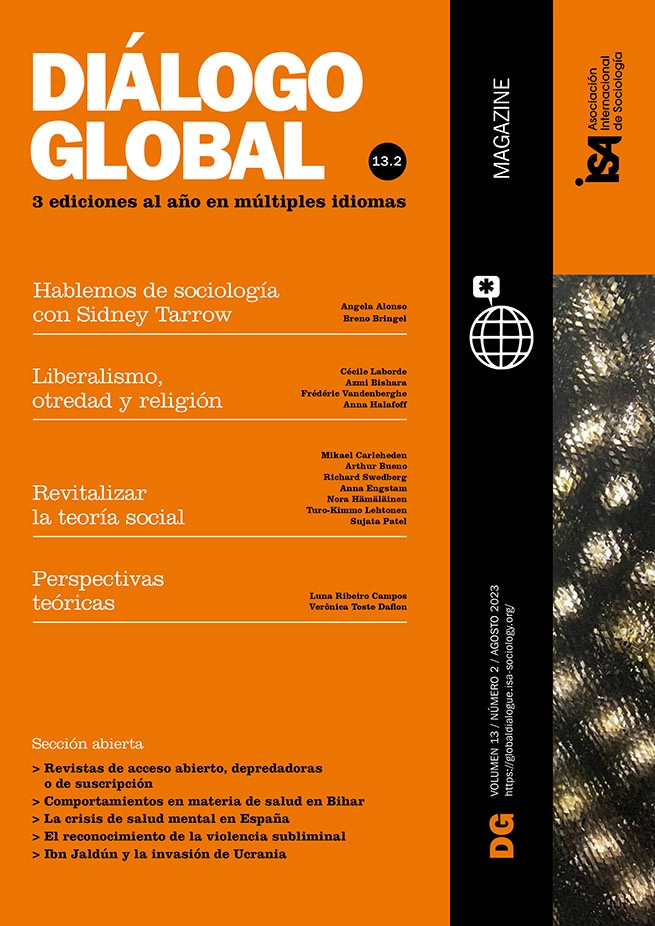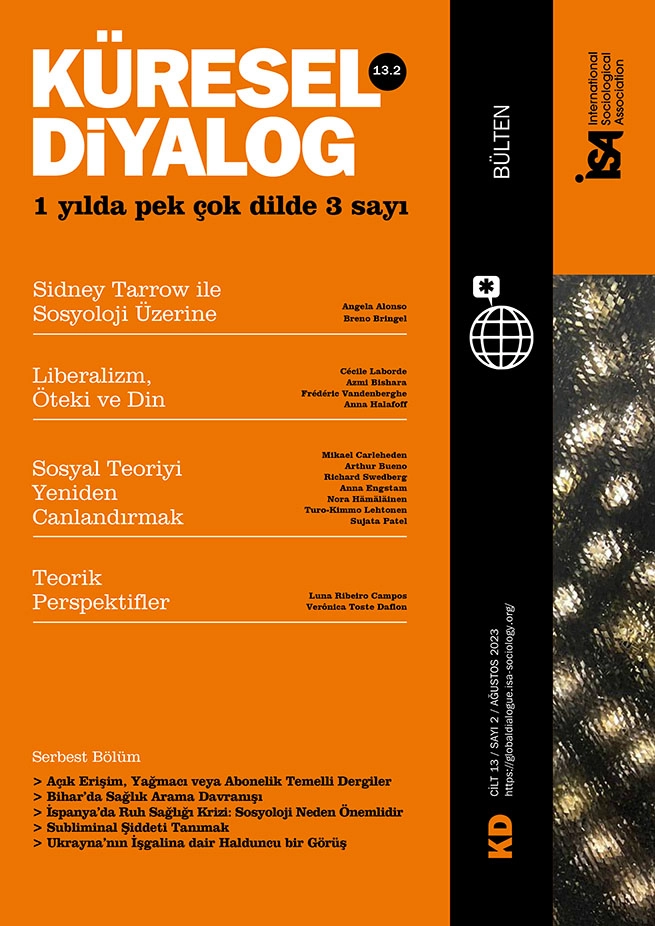Like astronomy, biology, and Egyptology, sociology is a scientific discipline. Disciplines are the primary units of internal differentiation in the sciences. However, this organization of science into disciplines is a modern invention. Up till 1750, scientists (professional and amateurs alike) were generalists and their knowledge was encyclopedic. Through internal differentiation of the sciences, scientific disciplines emerged in the nineteenth century as new ways of ordering knowledge for the purposes of teaching and learning.
For a long time, the sciences remained within the bosom of philosophy. The scientific revolution of the sixteenth century arose out of a conjunction of mathematic formalization and experiments in physics. It was followed by a second scientific revolution in the eighteenth century when these disciplines split off from philosophy. Natural philosophy gave way to physics, chemistry and biology. Similarly, moral philosophy was replaced by a federation of disciplines (history, economics, sociology, political science, and anthropology) that make up the social sciences. The humanities, for their part, are defined negatively and encompass disciplines that are excluded from the natural and the social sciences.
It is within this context of differentiated sciences that sociology emerged in nineteenth-century Europe, in the wake of the Humboldtian university revolution in Bismarck’s Germany and the establishment of the grandes écoles in Napoleon’s France. At the intersection of the German Geisteswissenschaften, the British moral sciences (which included political economy), and French political thought, sociology arose as an empirical offshoot of the philosophy of history. While the new disciplines are institutionalized as research sciences based on experience and are thus Wirklichkeitswissenschaften, they also continue the tradition of moral philosophy (in its broad sense) by their own means.
Sociology and moral philosophy
Moral philosophy sensu lato includes not only moral, practical, and political philosophy, but also the philosophy of history. Up till today, sociology remains within the matrix of “post-Hegelian neo-Kantianism,” to borrow an apt but counterintuitive denomination from Paul Ricoeur. It is neo-Kantian because it formulates and formalizes its research with reference to a series of systematically integrated concepts that define what is social and how it is to be studied; and it is post-Hegelian because it removes the dialectics of the absolute and restrains itself to an analysis of the historical development of the objective spirit in social institutions.
Originally, sociology was not supposed to be a social scientific discipline among other disciplines. It was, for sure, a specialized discipline that studied social facts; however, it was a super-discipline that federated neighboring disciplines into a general sociology – today, we would say into a social theory. Both the French and the German traditions conceived of sociology as a super-discipline that orchestrated the production of social scientific knowledge and coordinated research among the disciplines of the social sciences into a morally righteous, politically engaged, empirical philosophy of history without teleology or metaphysical guarantees.
Reestablishing the social sciences
If I return to the prehistory of sociology, it is because I think that today we need to recompose the social sciences as a whole. The discipline is increasingly turning inwards, away from philosophy and the humanities, defining itself by its methods and its data, with the result that it is becoming inapt for understanding the transformation of societies worldwide and as a whole. Overwhelmed by the speed of societal change that the digitalization of the world has brought about, shaken by the accumulation of multifarious crises it had not seen coming, stirred by the newest social movements to which it pays lip service but whose demands it cannot theoretically accommodate, sociology is retracting its theoretical ambitions and cutting the lifeline to philosophy.
The celebration of sociological theories of the middle range to the detriment of social theory, particularly pronounced in the United States and France, is not helpful in that regard. Social theory has moved out of sociology; it is now practiced in Critical Theory (in the ecumenical sense, not the municipal sense of the Frankfurt School) and in the Studies (by which I refer to a conglomerate of interdisciplines that operationalize post-structuralism). In For a New Classical Sociology, a book I have written together with Alain Caillé, we propose a new alliance between social theory, moral and political philosophy, and the Studies. In this vision, social theory becomes the space where philosophy, the social sciences, and the new humanities can be redefined and the social sciences can continue the project of moral philosophy by its own means.
Even if one no longer subscribes to the Eurocentrism that usually comes as a package with evolutionist accounts of societal development, it is difficult to completely avoid the philosophy of history and its presupposition that there is something like a history connecting society and people across time and space. The shift from a post-Hegelian philosophy of history to a neo-Kantian philosophy of the historical sciences points in the right direction. For a science like sociology that is so intimately tied to the advent of modernity and for which modernity is both a presupposition and an object, the imprint of the philosophy of history remains implicit: it never completely disappears.
If it is difficult to escape completely from the philosophy of history when one studies modern societies, it is even more difficult to reject the normative principles of modernity altogether. Being itself a product of modernity, sociology endorses the normative principles of subjectivity and liberty on which modern societies are based. And these principles continue to structure the system of sciences. If sociology studies the social preconditions of moral individualism, it is not to negate the validity of normative principles, but to understand their institutionalization. When these principles are negated in practice, their validity is upheld in critiques of alienation and discrimination.
A sociology of sociology that investigates the moral and political presuppositions of sociology will reveal that its critiques of social injustices (discrimination) and social pathologies (alienation) basically adhere to the repertoire of “liberal communitarianism.” Sometimes it veers more towards the communitarian pole of identity and authenticity; at other times towards the liberal pole of autonomy and justice. When the discipline is attacked by authoritarian or “austeritarian” regimes, it is important to reconfirm its first principles – lest the discipline itself disappear with the world it was supposed to analyze and defend.
Frédéric Vandenberghe, Federal University of Rio de Janeiro, Brazil and member of ISA Research Committee on Sociological Theory (RC16) <fredericvdbrio@gmail.com>








